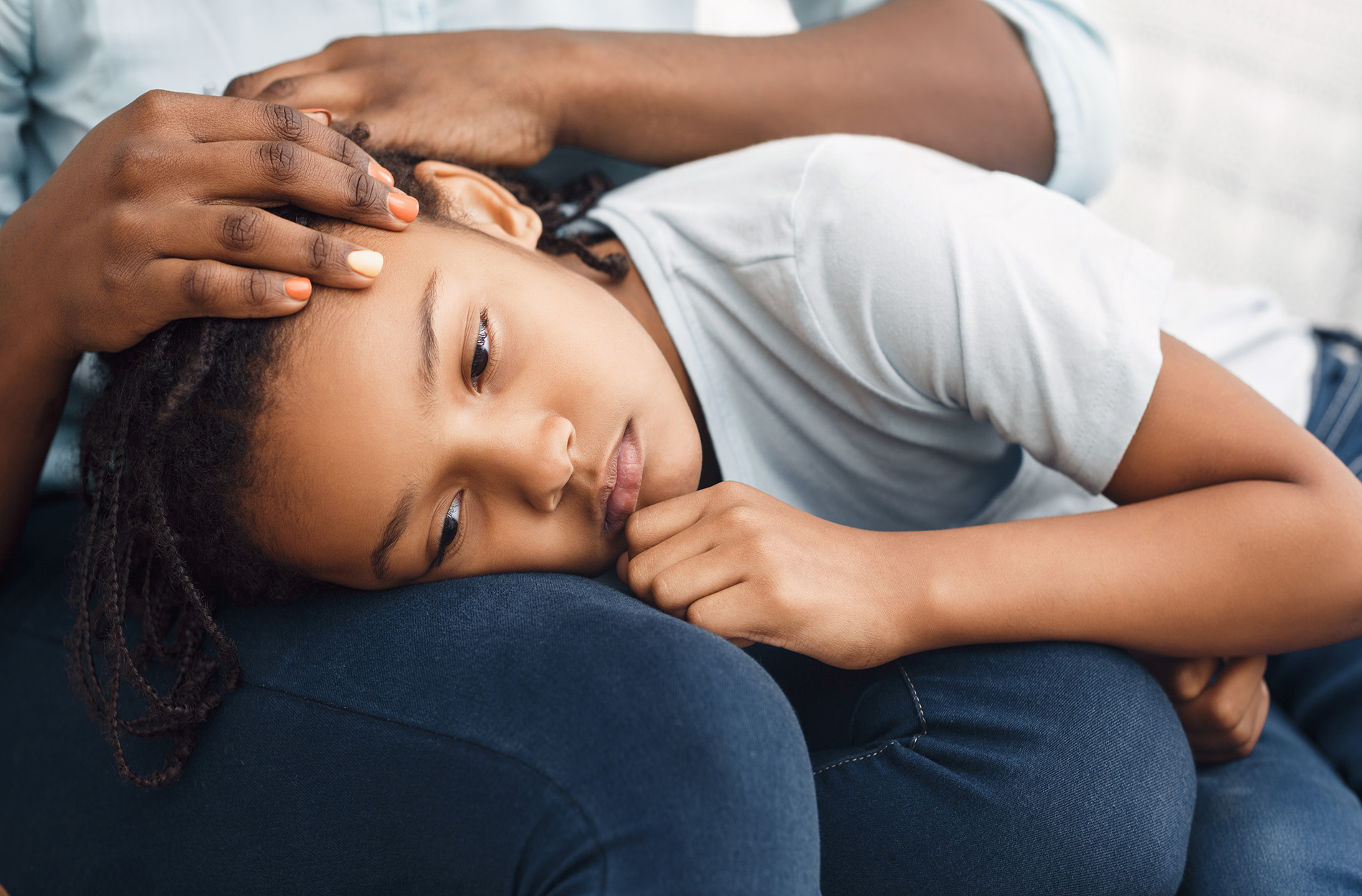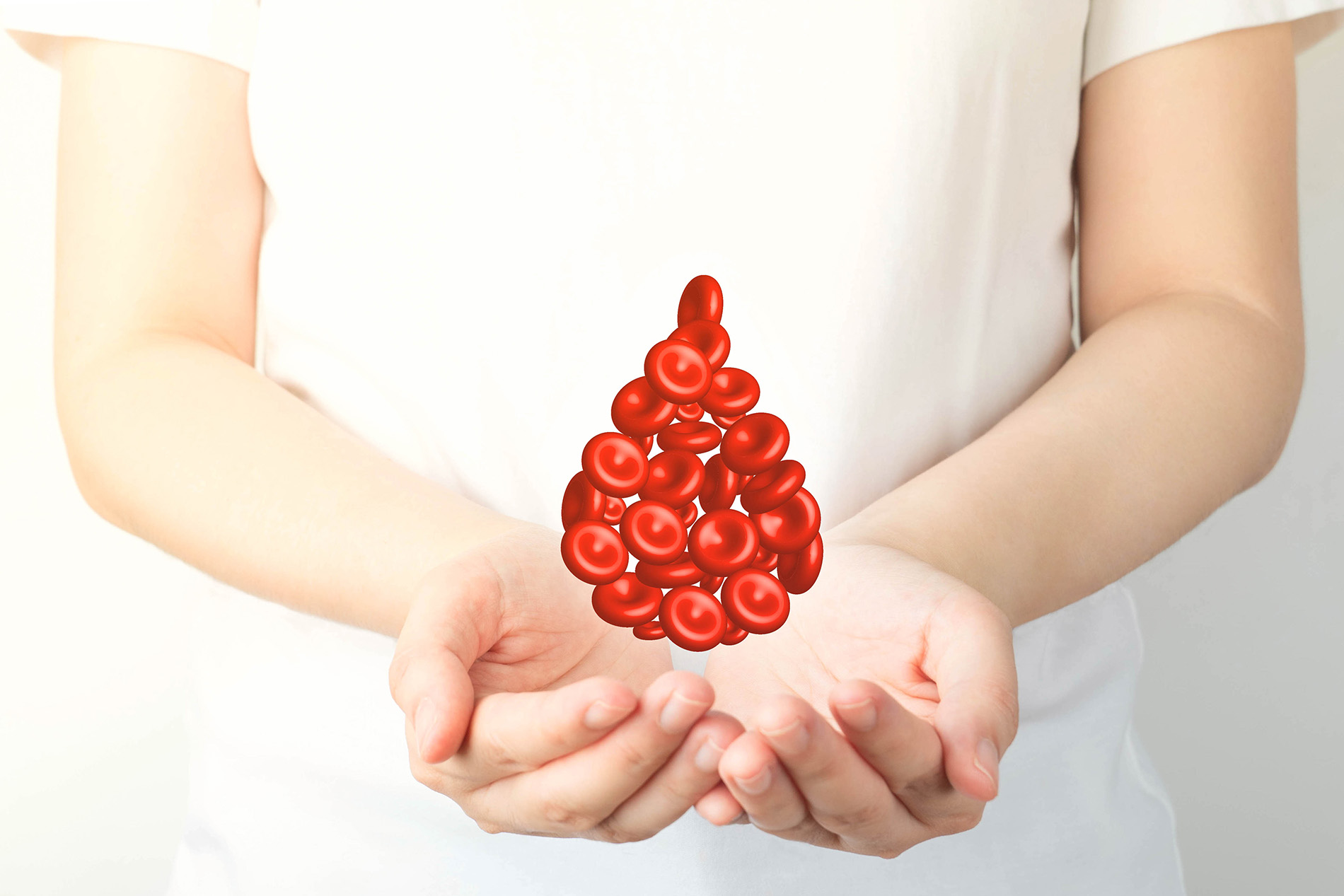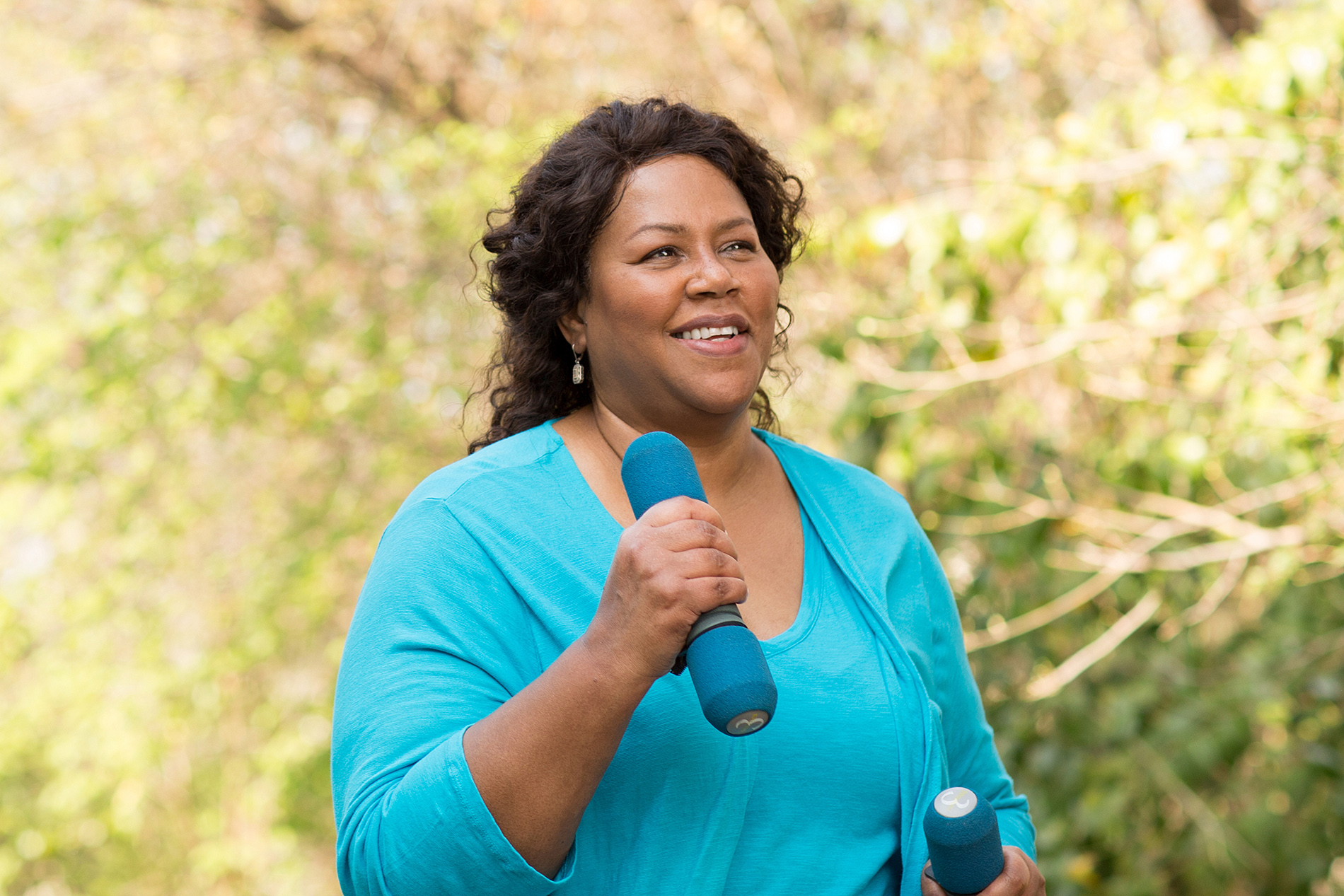by Sara S. Wallace, MD, FAAP, Lexington Pediatric Practice
Most of our year has been spent in some level of quarantine due to the COVID-19 pandemic. Many schools haven’t returned fully to in-person learning and extracurricular activities may be limited or different than usual. While social distancing keeps us safe by reducing the spread of the virus, it can be challenging on our mental health.
Q. What are symptoms of “quarantine fatigue” in children?
A. Quarantine fatigue can present itself in many ways in children. Some children may be angry, irritable, and more prone to conflict. Others may be more anxious, depressed, or show signs of social withdrawal with decreased interest in things that used to bring them joy. Other symptoms may include changes in sleep or appetite, loss of motivation, and declining school performance.
Q. How can parents help children cope with these feelings?
A. Parents can help children cope by having open, honest conversations regarding the circumstances of quarantine and discussing their own feelings with them. Let children know that it is okay to feel sad or angry during this time. Find ways to incorporate a sense of “normalcy” for children, whether it be by maintaining a daily schedule, continuing favorite holiday traditions, or keeping in touch with family or friends with video or phone calls.
Q. Do you have advice for parents to manage their own fatigue?
A. Parents, quarantine is difficulty for everyone. Remember that to take care of your children, you also have to take care of yourself. Doing your best to eat healthy, get enough rest, and exercise can help combat fatigue. Find ways to connect with family and friends. Reach out to your doctor if you are concerned about your own mental health.
Q. When should a parent seek help if their child is struggling?
A. If you are concerned that your child may be feeling anxious, depressed, or have any thoughts of hurting themselves or anyone else, please contact your pediatrician. They can speak to you about ways to manage stress, and provide information regarding available community resources such as virtual counseling to help cope. If you have immediate concerns that your child may have any thoughts of self-harm, you should call 911 or take them to the emergency department for urgent evaluation.
Q. What do you want parents to know about this period in our lives?
A. It is temporary! One day, this pandemic quarantine will be a distant memory and we will be back to our daily, busy, schedule-filled lives. Let us take the time now to appreciate the opportunity for things to slow down and for us to be able to spend a lot of quality time with our family members. Scientists are currently working hard on the development and release of a vaccine, so that life will be hopefully able to go back to “normal” by the end of next year.

Sara S. Wallace, MD, FAAP, Lexington Pediatric Practice






Leave a comment